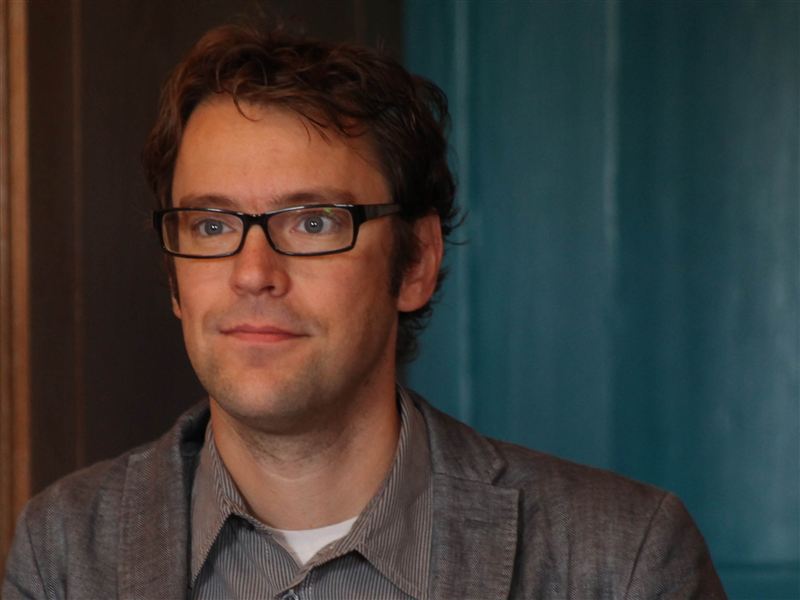Pinker, Eisner och den allt säkrare världen
 25 sep 2011, kl 0:20 |
25 sep 2011, kl 0:20 |  Samhälle och politik,
Samhälle och politik,  flygplatsbok
flygplatsbok Steve Pinker har kommit ut med en ny bok: The Better Angels of Our Nature, här omskriven i the Guardian. (tipstack till Niclas!)
Budskapet: Världen blir allt fredligare. En central källa för påståendet tycks vara Manuel Eisners forskning. Eisner har bl a beräknat risken att bli mördad i flera europeiska länder, på basis av gamla källor som i sin tur bygger på data från enskilda städer i dessa länder. Eisner menar dock att trenden är entydig. Jag har dristat mig till att göra ett stapeldiagram av hans tabell:
Källa: Eisner, M. (2003). Long-Term Historical Trends in Violent Crime. Crime and Justice, 30, 83-142
Den skeptiske fnyser sannolikt åt dessa data. I ett senare papper gör dock Eisner det kluriga att enbart kika på konungamord. Här är data betydligt säkrare även långt tillbaka i tiden, och trenden tycks vara den samma: Kungar löpte betydligt mindre risk att bli mördade förr (vilket naturligtvis inte säger något om risken för mord i allmänhet).
Eisner, M. (2011). Killing Kings: Patterns of Regicide in Europe, AD 600-1800. The British Journal of Criminology, 51, 556-577.
Pinker tar i rejält när han lanserar boken i Wall Street Journal (‘We believe our world is riddled with terror and war, but we may be living in the most peaceable era in human existence’). Den som tycker 1900-talet var våldsamt får svar på tal (ur Guardian-recensionen):
Pinker argues that the violence of the 20th century is best understood as a series of random spasms rather than part of a trend. The two world wars were essentially freak events, driven by contingency and in some cases lunacy: a bit like the killings on Utøya magnified a millionfold. They do not reflect the default condition of mankind. The evidence for this is the third part of Pinker's case: look at what has happened since 1945, as the world has become immeasurably more peaceful on almost every count.


Reader Comments (2)
http://www.ted.com/talks/steven_pinker_on_the_myth_of_violence.html
http://www.mothugg.se/2009/12/23/terrorismen-var-varre-forr/